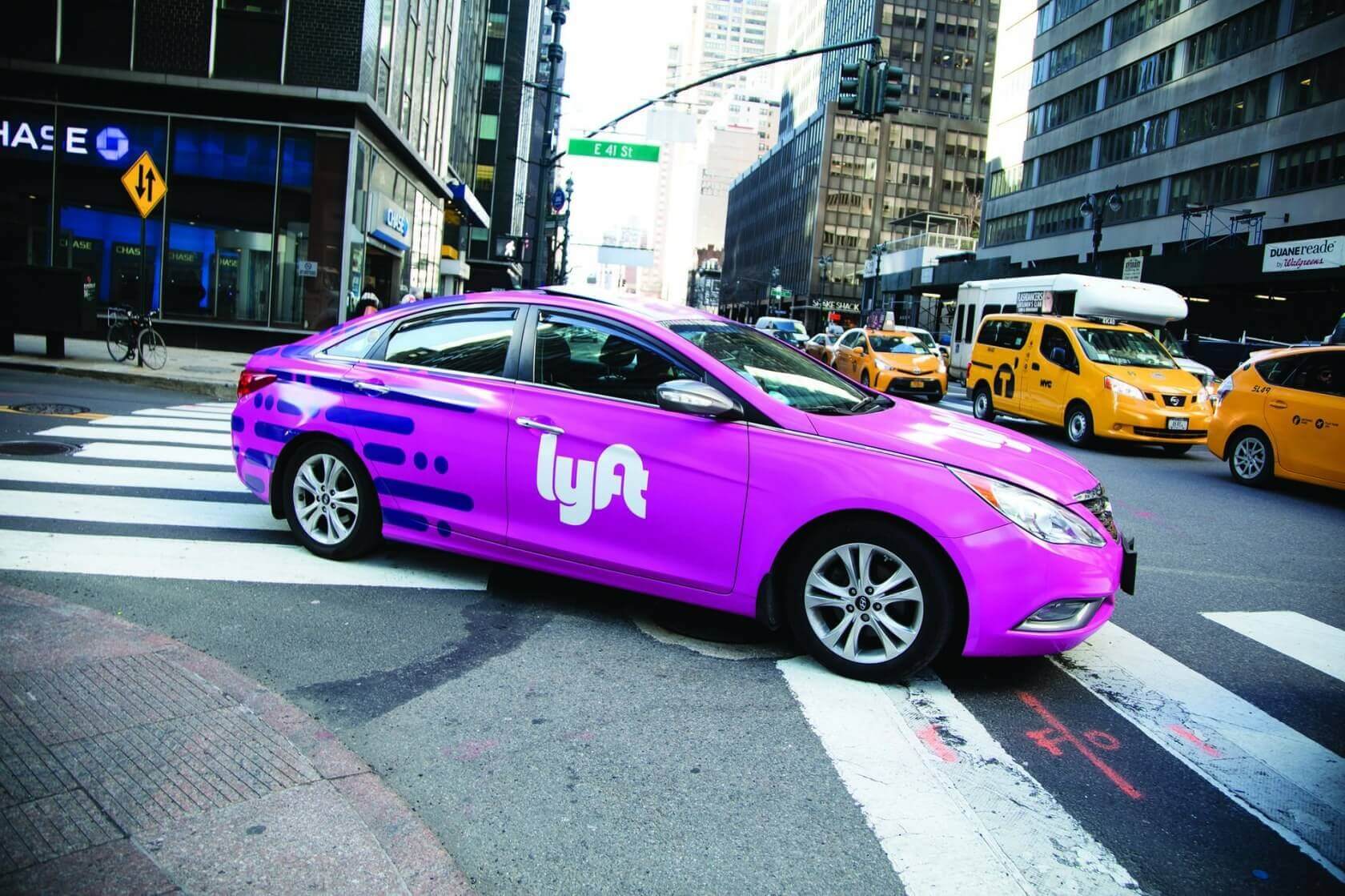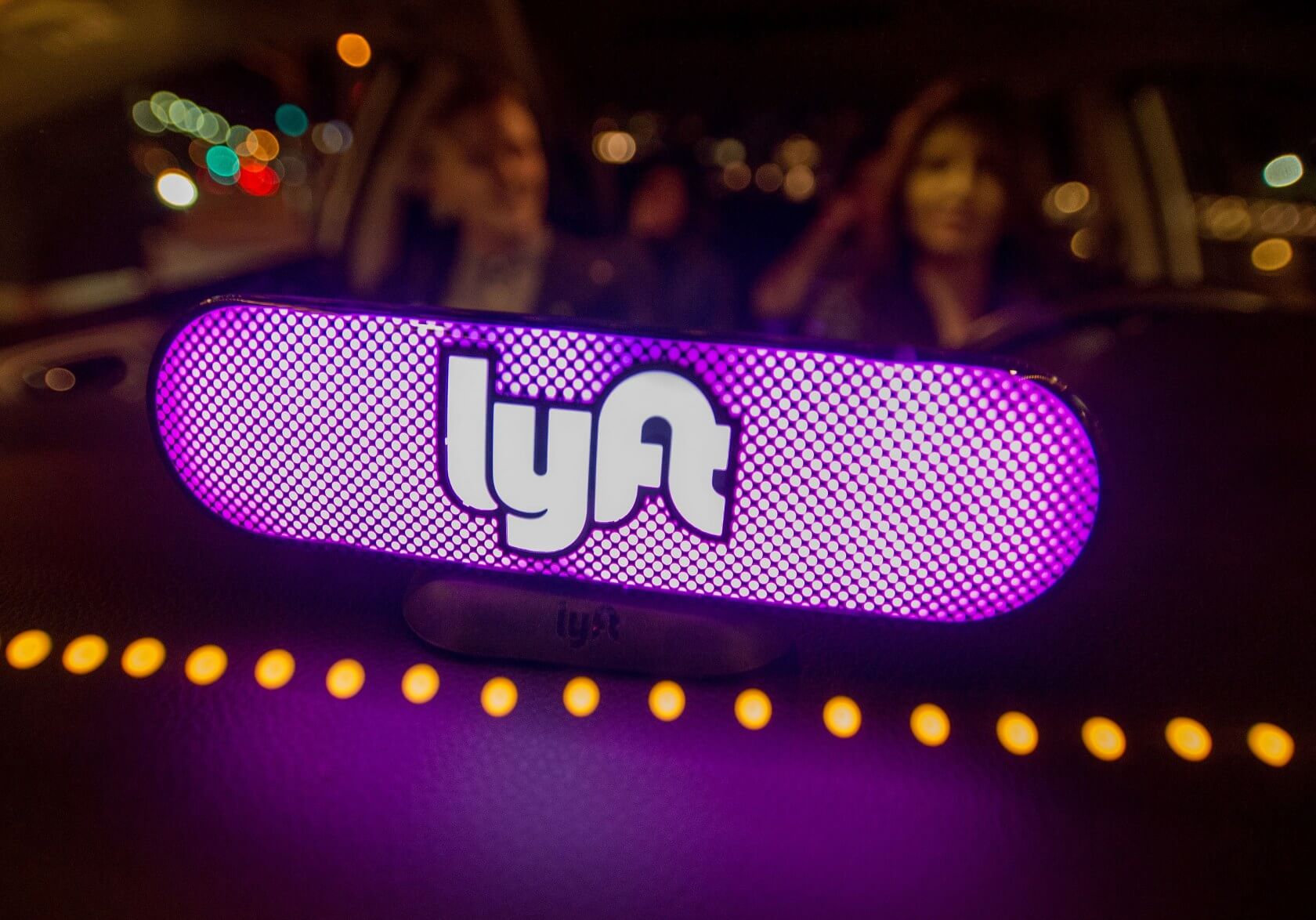In brief: Lyft wants you to know how much it cares about the planet, if its latest announcement is anything to go by. According to the ridesharing company, it will be making the switch to fully-electric vehicles over the next decade in an effort to reduce its carbon footprint.
Lyft's specified deadline for this change is 2030, which is a pretty ambitious target. It's not unrealistic, but the company will undoubtedly run into a few major roadblocks on its way to reaching that goal.
As a reminder, Lyft's business model relies on drivers using their own personal vehicles to transport customers from place to place. Convincing its entire, unsalaried workforce to begin using EVs instead of (often) more affordable gas-powered cars will be remarkably difficult, especially since competing platforms have not announced any such requirements.

Lyft, for its part, seems to feel it can overcome driver objections with proper planning. Over the next decade, Lyft will partner with lawmakers, nonprofit organizations, and experts at the Environmental Defense Fund to advance a "policy roadmap" that will better enable drivers to make the switch.
Lyft didn't lay out every step of this roadmap, but it did mention a few important details that will guide it toward 100 percent electrification. For starters, Lyft will talk with policymakers to bring the effective cost of EVs down, likely through expanded state tax incentives. Furthermore, it will expand its Express Drive program to offer drivers EV rentals with unlimited miles (while they drive for Lyft).
It remains to be seen whether these steps will be enough to help Lyft reach full electrification by 2030, but we won't be rooting against them.
